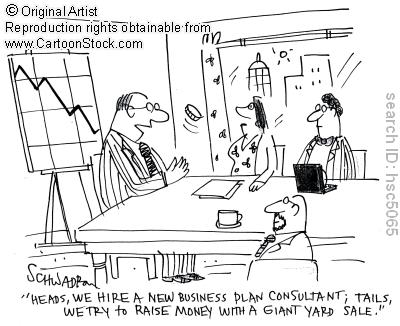If you are a fan of the reality television show, The Amazing Race, the name Blake Mycoskie might ring a bell. While competing on the second season of the show in Argentina, Blake noticed numerous children were without shoes in the poorer villages.
There are over one billion people at risk for soil-transmitted diseases around the world. In addition to the health risk, many children cannot go to school simply because they don’t have shoes.
“I was sitting on a farm pondering life, and it occurred to me, ‘I’m going to start a shoe company, and for every pair that we sell, I’ll give a pair to someone who needs them.” Blake later said in an interview. Rather than starting a charity, he decided that a for-profit business would be more sustainable as his work would not rely on charitable giving.
Since its launch in 2006, TOMS Shoes has given away over 1 million pairs of shoes to children in need. Even in his first years of business when money was non-existent, TOMS’ founder never faltered from his “One for One” company ethos. In addition to partnering with 501 non-profit organizations and NGO’s to give away shoes year round, “Friends of TOMS,” a non-profit arm of TOMS, also coordinates “Shoe Drops” around the world for employees and volunteers to experience TOMS’ giving first-hand.
“Giving” is TOMS’ business strategy, and “Giving” defines its corporate culture. All employees, including interns, participate in the “Shoe Drops”. Blake has seen how inspired and impacted his staff were having experienced “Giving” first hand.
What is it about your business that gets you out of bed and excited every morning? How can you help your employees experience that excitement? We invite you to watch this video of TOMS and be inspired.



